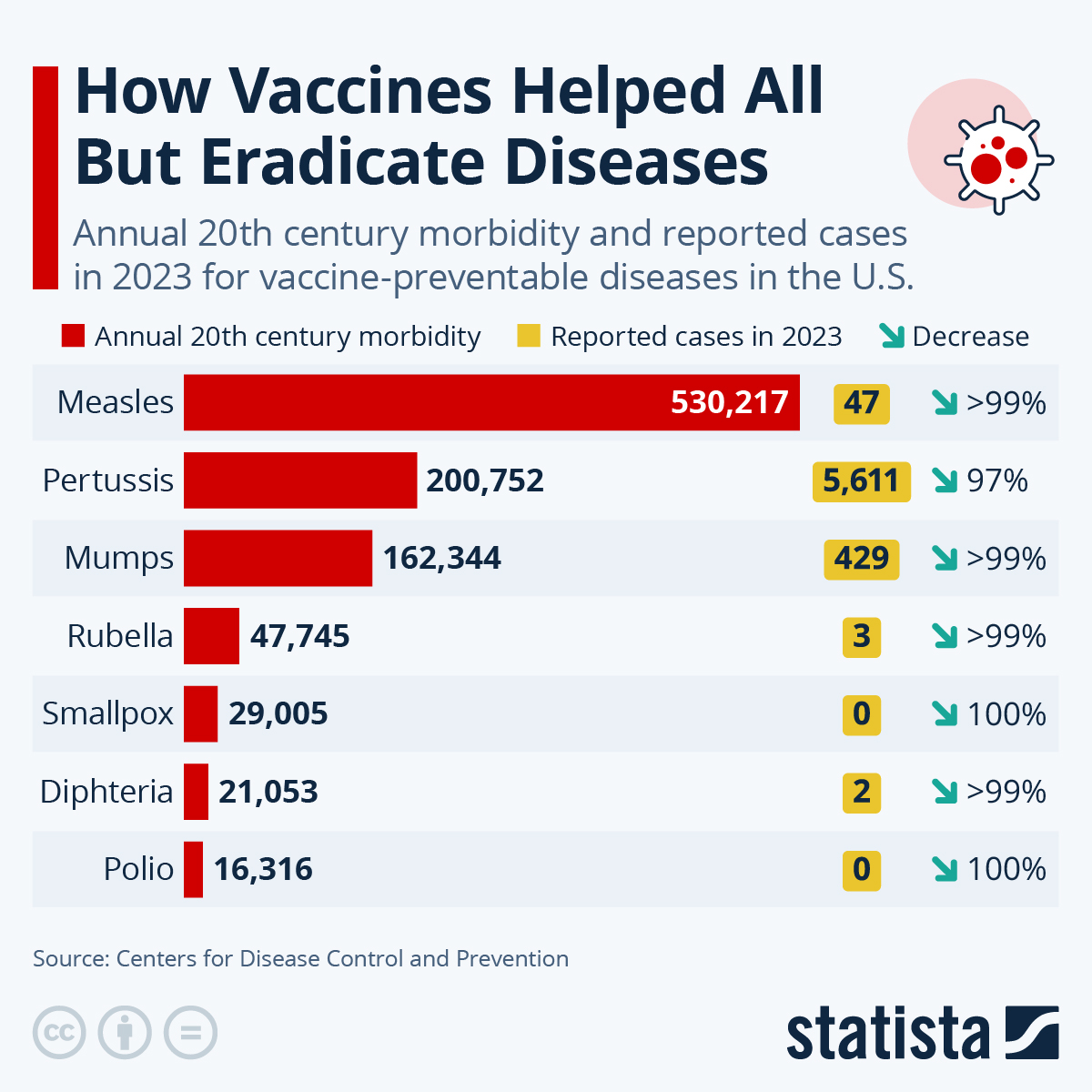
Understanding Influenza and Its Impact
Influenza, commonly called the flu, is a contagious respiratory illness caused by influenza viruses. These viruses spread through droplets when an infected person coughs, sneezes, or talks. Symptoms include fever, cough, sore throat, body aches, and fatigue. While most people recover within a week, severe cases can lead to hospitalization or even death.
Each year, influenza causes millions of illnesses, hundreds of thousands of hospitalizations, and tens of thousands of deaths in the U.S. alone. For example, during the 2019-2020 flu season, the CDC estimated 38 million flu cases, 400,000 hospitalizations, and 22,000 deaths. The economic burden is also significant, with billions spent on healthcare costs and lost productivity.
Preventive measures like vaccination are critical to reducing this impact. Vaccination not only protects individuals but also helps prevent the spread of the virus to others, especially vulnerable groups like the elderly, young children, and people with chronic health conditions.
The Role of Vaccination in Preventing Influenza
Vaccine effectiveness (VE) measures how well a vaccine prevents illness in real-world conditions. Influenza vaccines are designed to target specific strains of the virus, which change each year. This is why annual vaccination is necessary.
There are different types of influenza vaccines, including trivalent (protecting against three strains) and quadrivalent (protecting against four strains). The CDC works with researchers to monitor vaccine performance through networks that track laboratory-confirmed flu cases.
Influenza vaccines have a strong safety profile. Over the past five years, no deaths have been reported due to influenza vaccination. Common side effects, like soreness at the injection site or mild fever, are temporary and far less severe than the flu itself.
Recent Trends in Influenza Vaccine Effectiveness
Vaccine effectiveness varies each year depending on how well the vaccine matches circulating strains. For example, during the 2019-2020 flu season, the vaccine was 39% effective overall. In the 2023-2024 season, adjusted VE estimates show similar variability.
The 2020-2021 flu season was unique because low influenza virus circulation made it impossible to estimate vaccine effectiveness. This was likely due to COVID-19 precautions like masking and social distancing.
Despite these variations, vaccination remains the best tool to prevent flu-related illness and complications. Continued research and monitoring are essential to improve vaccine effectiveness and adapt to changing virus strains.
Safety Profile of Influenza Vaccines
Adverse events following immunization (AEFI) are rare and usually mild. The Vaccine Adverse Event Reporting System (VAERS) tracks these events to ensure vaccine safety. Over the past five years, no deaths have been linked to influenza vaccination, highlighting its safety.
Common side effects include soreness, redness, or swelling at the injection site, as well as mild fever or muscle aches. These symptoms typically resolve within a day or two. Serious side effects are extremely rare, and the benefits of vaccination far outweigh the risks.
Public Health Implications and Future Directions
High vaccine effectiveness and the absence of reported deaths due to influenza vaccination underscore the importance of vaccination in public health. Increasing vaccination rates can help achieve herd immunity, protecting those who cannot be vaccinated.
Challenges like vaccine hesitancy remain, but strategies like public education and community outreach can improve acceptance. Ongoing research aims to develop universal flu vaccines that provide long-lasting protection against multiple strains.
International collaboration is also crucial for influenza surveillance and vaccine effectiveness studies. By working together, researchers can better understand the virus and improve vaccine strategies.
Public health campaigns play a key role in promoting vaccination. Staying informed and encouraging others to get vaccinated can help reduce the impact of influenza on individuals and communities.



